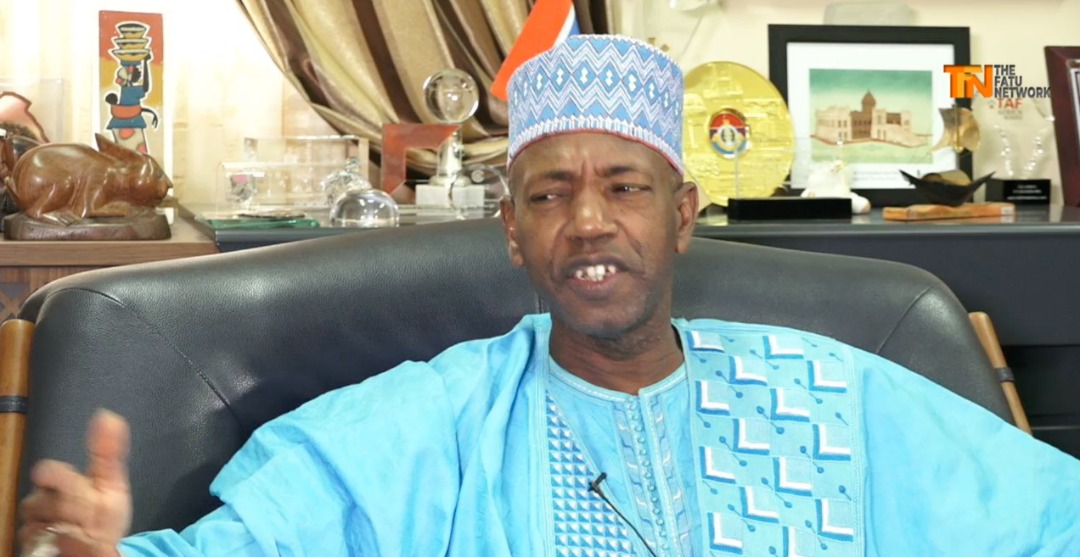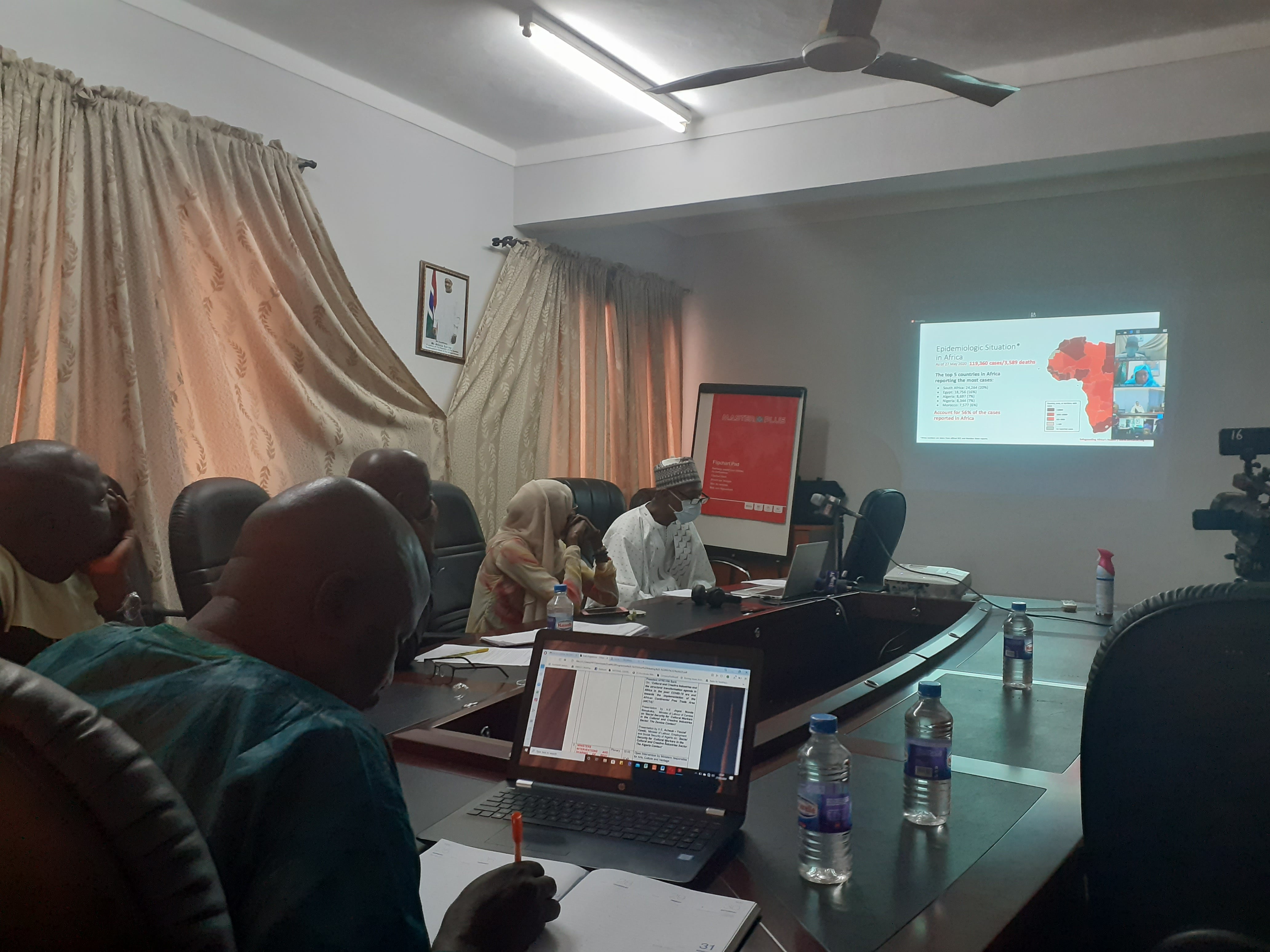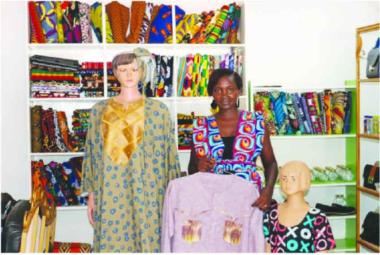Hon. Hamat N.K Bah, minister of Tourism and Culture has announced that the National Fund for Arts and Culture (NAFAC) is set to be operationalised. This, he said is meant to support artistic and cultural programmes of the country including festivals, publication of books and historical research, among others.
The Tourism and Culture minister made this disclosure on Wednesday, 27th May 2020 during a virtual forum of the African Union Ministers responsible for Arts, Culture and Heritage on their responses to the COVID-19 pandemic.
Organised by the Department of Social Affairs of the African Union Commission, the forum brought together ministers in charge of Arts, Culture and Heritage from AU-Member States, Pan African Cultural Organisations, Regional Economic Communities, UN Organisations, and officials from AU Commission. It is aimed to enable stakeholders discuss urgent actions to support the arts, culture and heritage sector in Africa, in line with the AU Continental Strategy in Response to COVID-19 Pandemic.
Further in his remarks, Minister Bah explained that already the legal framework for the NAFAC is in place in the NCAC Act, 2003. This Fund, he said, will be run by a congress comprising Gambian artists, arts administrators and the relevant National Assembly Select Committee.
He informed the meeting that since the change in Government in 2017, all sectors of the arts-literature, fine arts, festivals, drama, film, dance, photography- have seen a big boost in terms of participation and even investment in terms of printing shops, studios, record labels among others. According to him, the rise in private broadcasting has supported this boost, likewise the legal framework such as the Copyright Act and Regulations, which protect the artistic works of Gambians.
“It is the youth who are now heavily involved in the creative sector as a conduit for self employment. Therefore, this sector is critical to the national development paradigm of National Development Plan 2018-2021,” he noted.
The minister further told the meeting that in early March 2020, The Gambia Government declared a State of Health Emergency in response to the COVID-19 pandemic, which has hit The Gambia just as it has hit the rest of the world. He said the culture and creative industries have in enormous ways been negatively affected by this state of affairs. “The closing of performances, venues, galleries, studios, museums, including our UNESCO World Heritage Sites and bookshops meant a loss of revenue to the sector. Festivals have been postponed, artist events cancelled and artistic mobility banned, which means a loss of heavy revenue including foreign exchange, and moral to the sector and investments in the arts sector such as in instruments for hire, studio gadgets, and technicians have been severely affected,” he stated.
The Tourism minister reported that through the UNESCO Resiliart Project, The Gambia Government has mobilised Gambian artists and cultural players and administrators to dialogue on the impact of the pandemic on their work and chart a way forward. “On May 6 and 7 Gambian artists dialogued via teleconferencing with UNESCO officials and Gambian officials. A post Covid-19 framework for the arts sector is envisaged to come out of this dialogue,” he noted.
He added that The Gambia Government through The National Centre for Arts and Culture (NCAC), has contacted The Gambia Chamber of Commerce and Industry to recommend that they extend their COVID-19 Social Support to artists and cultural players who are adversely affected.
Therefore, he went on, the Ministry of Tourism and Culture has developed a project proposal for COVID-19 response for the arts and tourism sector. This, he said, has been submitted by the Ministry to relevant authorities. “This envisages a rescue plan for small business in the arts and heritage sector in terms of soft loans and grants”.
He told the meeting that other post-COVID-19 measures are: to strengthen the Copyright royalties mechanism so that their radio stations, hotels, taxis, can pay for music and other artistic materials they use; establish an arts training institute to build capacity and entrepreneurship; and strengthen the various artistic associations such as Writers Association and Music Union to give Gambian artists autonomy and agency.
“Finally, it is our firm belief that the arts and culture sector will rebound post-COVID-19. This pandemic will afford us opportunity to put more emphasis on the arts and heritage sector, and to make it more responsive to our development aspirations. In this regard, we will continue to count on the support of the AU and all our friendly nations and people.” he concluded.








